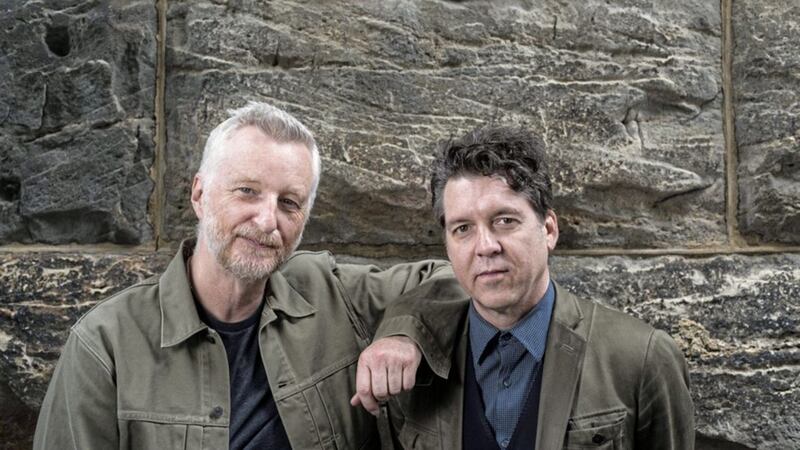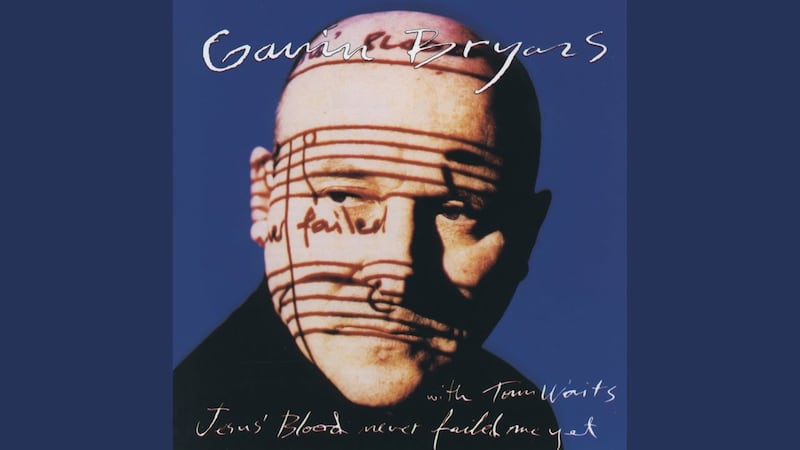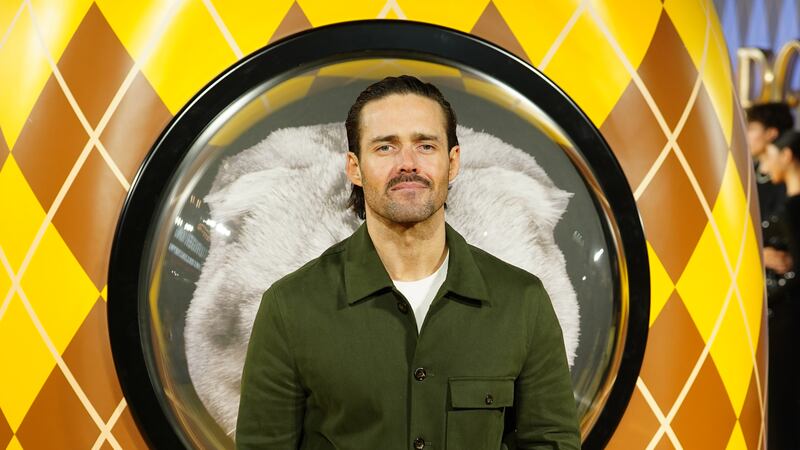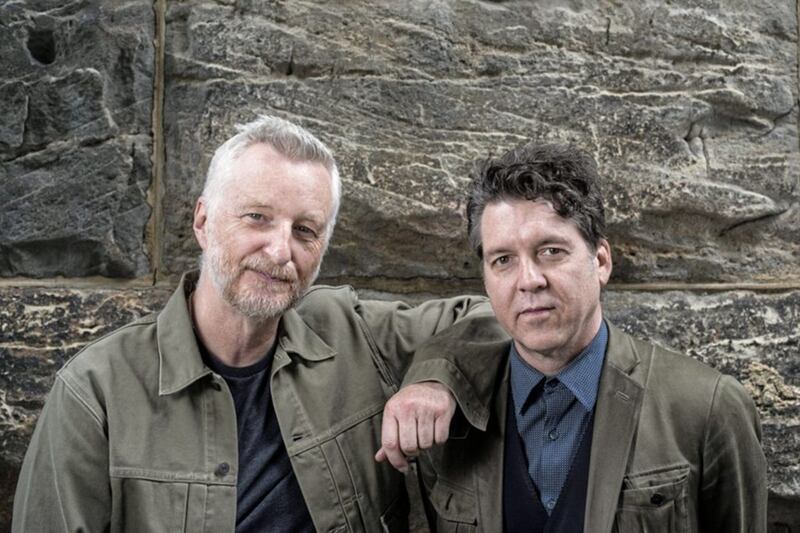BILLY Bragg finds himself at a bit of an impasse. Current affairs are finally moving too quickly for the famously political singer-songwriter to keep up. And more importantly, he doesn't always want to.
Only the night before our interview, he admits to not tuning in to Newsnight, as he normally would, but choosing to watch an episode of Combat Dealers on Quest instead.
"These two geezers bought an anti-tank weapon from the Second World War and fired it at a car. That was somehow more comforting than the news," he says.
"And it's not just Trump: it's Brexit, the Labour party and Jeremy Corbyn – everything. Every story is trying to settle on a moving platform and it can't."
This is something of a revelation considering Bragg has been a firebrand for his entire career. Being informed has been his raison d'etre. It's likely this brief disillusion will pass, and he has other things on his mind.
"I've got to get the car MOTd later, and write some emails, everyday stuff."
Bragg's first brush with left-wing activism came before he started singing his own protest songs; it was when he saw The Clash in 1977, and realised music could be the vehicle for a strong political message.
The politics have been put to one side for his latest album, with American Grammy-winning songwriter Joe Henry. It's called Shine A Light, and it's a collection of songs about the American railroad, recorded while the duo were on the Texas Eagle last year, a 2,728-mile train journey between Chicago and Los Angeles via San Antonio.
They recorded on station platforms, in carriages, in hotel rooms, wherever they could set up their custom-built microphone stand, capable of holding four microphones, and their laptop. They travelled with a couple of engineers and packed light, with just a case and an acoustic guitar each.
Each track on the album sounds different, particularly when listening on headphones, which is down to the different locations of the recording. If something sounds like it was recorded outside, it's because it was. In the background, there are doors slamming, train whistles, announcements, and luggage being dragged around. It's an immersive experience, and quite beautiful.
Of course, this all sounds incredibly nostalgic. In lesser hands, it could even sound phoney, but this is no love letter to past, and Shine A Light is far from contrived.
"If it was me and Joe in a studio, it would be trite," says Essex-born Bragg (59). "Bill and Joe like trains – that would be the album. But it's the context here. Context is everything.
"We didn't want to make a nostalgic record; we wanted to talk about the American railroad now, not what it was like all those years ago. We didn't want to look back, but join the past and the present together.
"The American railroad is the last part of what [American cultural critic] Greil Marcus called The Old, Weird America. It still functions. Most stuff is new and moves forward. This is like a fossilised folk memory, but the US still puts more freight on the railway than any other country in the world."
In the UK, there's no shared history on the railways. While in the States, outside the major cities, it's not used for commuting to work or even seen as a viable method of public transport. The fact Bragg and Henry travelled through towns that only saw one passenger train every other day kind of proves that to be true.
"These railroad songs are about aspiration and escape, and in the UK, those would be sea shanties. If you really want to get away from the law or heartbreak, historically, it's been by putting your foot in the water. In the US, you can escape jurisdiction by getting on the train, but in the UK you'd get off the island. But because the US is a modern country, these songs are powerful because they're within living memory. Even in the 1950s, there were new songs about the railways."
Songs on the album include Gentle On My Mind, originally written by John Hartford in 1967 and a hit for Glen Campbell the same year. There's also Rock Island Line, made famous by Lead Belly and later Lonnie Donegan; Hobo's Lullaby, made famous by Woody Guthrie; Early Morning Rain by Gordon Lightfoot, and In The Pines, another Lead Belly song, famously reinterpreted by Nirvana on their Unplugged album.
The experience gave Bragg even more insight into the people of the US, and while the notion of 'real America' is perhaps bogus, he did connect to the place in a way one might not on a short holiday.
"We were looking at it all from a different perspective," he says. "We were seeing places that were important when the railroad was laid down. Alpine in Texas, for example, where we recorded Hobo's Lullaby, was only built because there was fresh water for the trains. Now, it's a college town and no one thinks much about the one passenger train that comes in every other day. But if the trains weren't there, the town wouldn't be.
"As we travelled through built-up areas or crossed roads, the train would slow and we'd be able to see into back yards or even through windows, and you get a very different perspective from the one you get on the freeway or flying over the top."
The project ties in directly to Bragg's next release, a book on the skiffle movement called Roots, Radicals And Rockers: How Skiffle Changed The World, which will be released in the summer. It was his fascination with the song Rock Island Line, specifically Lonnie Donegan's version, that sparked the railroad album in the first place.
"Lonnie Donegan became a figure of fun because of My Old Man's A Dustman, but he changed everything. Skiffle was the original DIY music, and gave us the revolutionary idea that you didn't have to be a musician to make music, and that you didn't have to be American to sing American songs. They were the two biggest ideas imparted to British youths."
As for what comes next, Bragg thinks there'll be another album in the pipeline before long, and that with Brexit in full swing and Trump in the Oval Office, there'll be plenty for him to write about.
Leaving politics didn't last long, then?
"I'll keep away from politics if it keeps away from me," he says. "But I have a feeling it's going to be chasing us all for a while."
:: Shine A Light: Field Recordings From The Great American Railroad by Billy Bragg and Joe Henry is out now. They play the Ulster Hall, Belfast, as part of the Out To Lunch Festival on January 29 (see cqaf.com and waterfront.co.uk info and booking) and An Ghrianán, Letterkenny, on January 30; see shinealight-joehenry.billybragg.co.uk for more tour dates.



